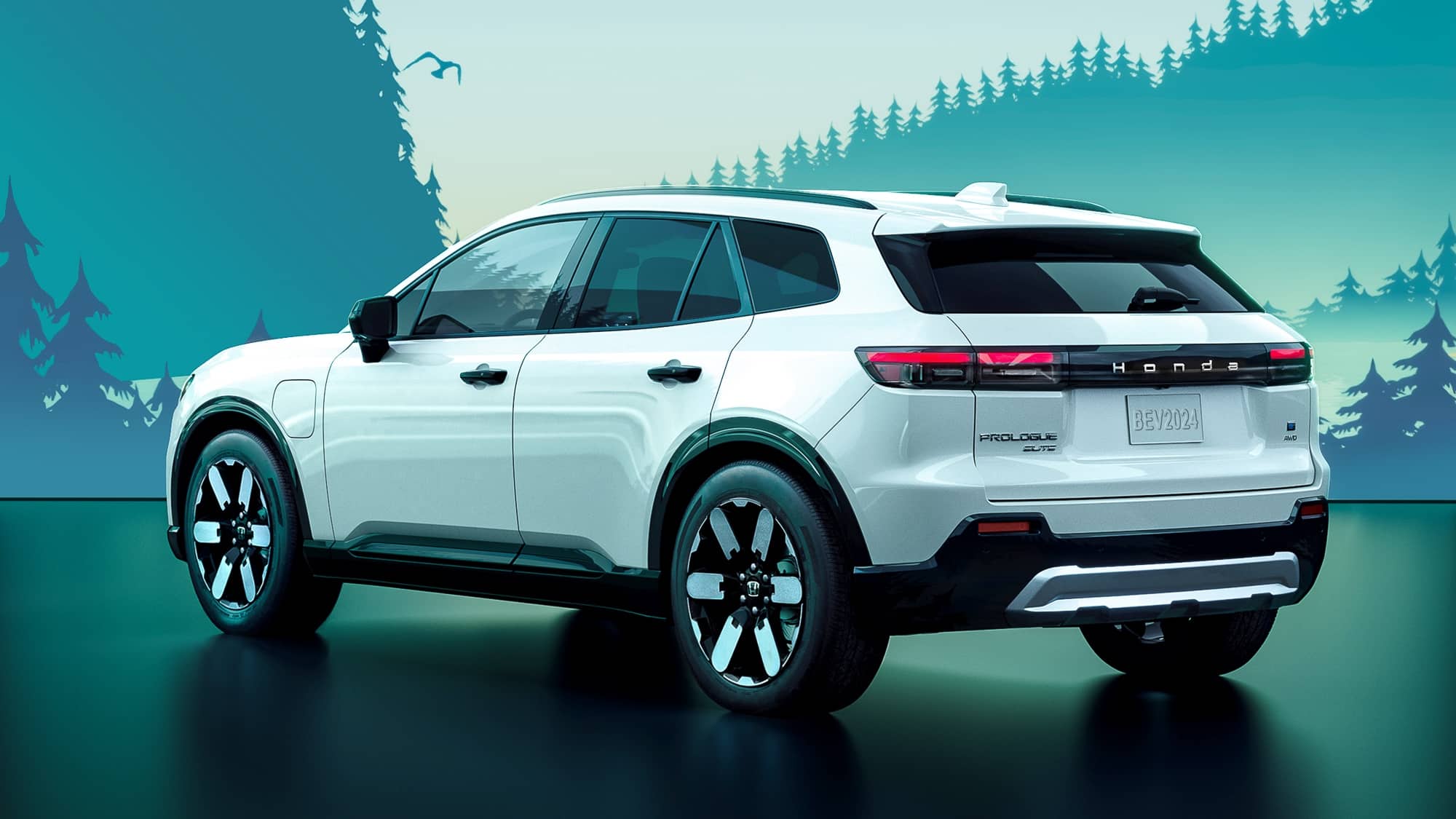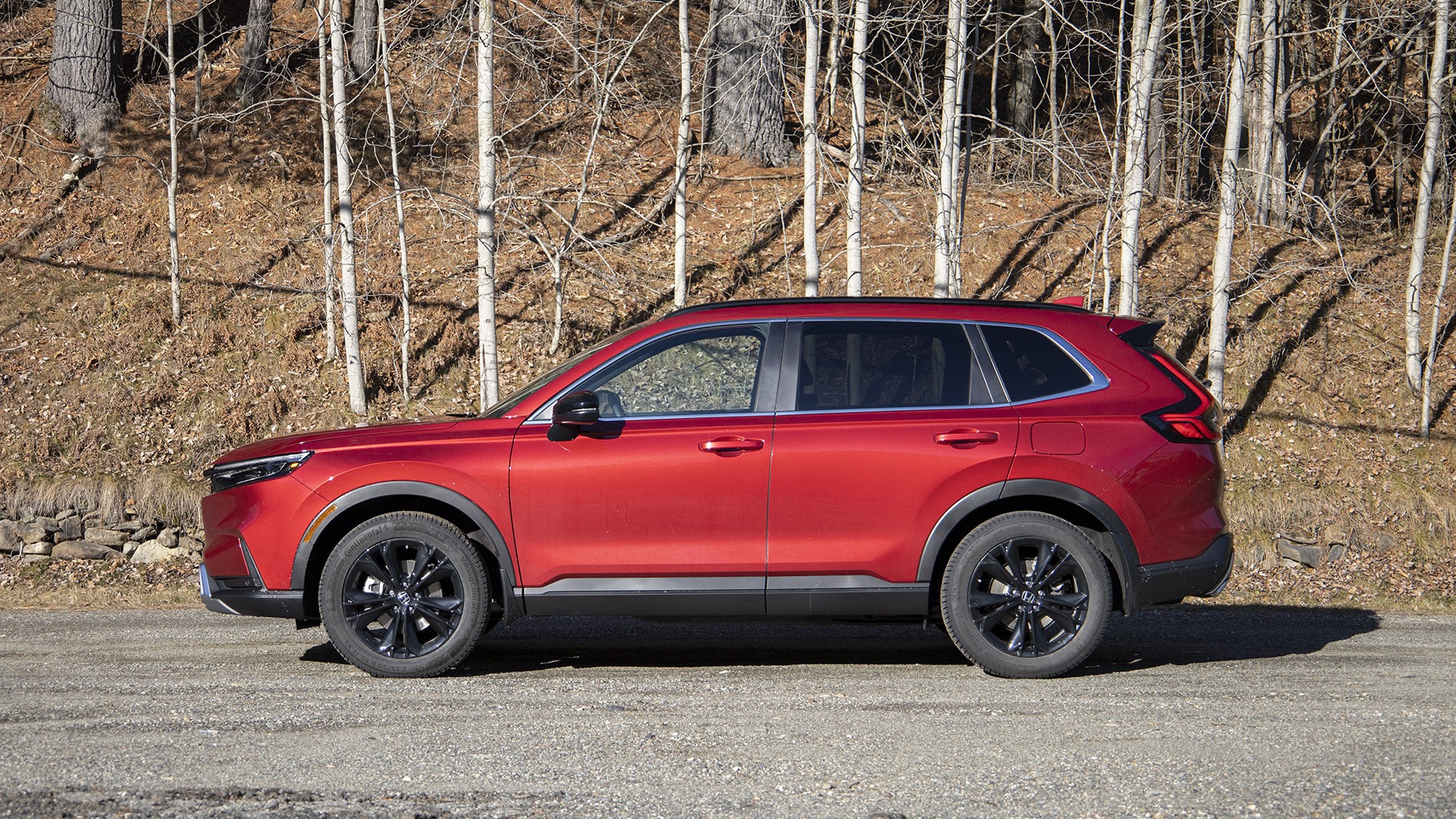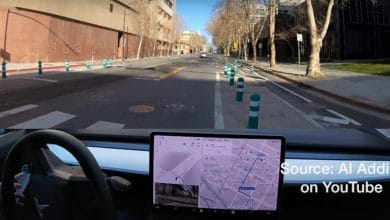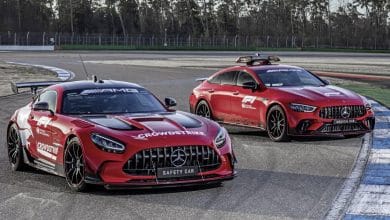Honda Canada tries to correct the situation on the electrification of transport

During the conference EV Innovation & Technology held in Toronto on February 8, 2023, Jean Marc Leclerc, CEO of Honda Canada, shared his perspective on the rapid transition to transportation electrification. According to him, the recent zero emissions standard put in place by Ottawa traps manufacturers and consumers in a vice.
In December 2022, the federal government announced that, starting in 2026, automakers will have to sell a minimum of 20% electric vehicles in the country or they will be seriously penalized. Although these terms have not yet been established, the standard aims to increase the supply of electric models in order to give consumers more purchasing power. In 2030, manufacturers will be forced to sell 60% of electric vehicles, then, in 2035, it will be 100%.

Governments need to do more
However, at Honda Canada, we see a problem there. According to Mr. Leclerc, this rapid pressure exerted on automakers risks trapping consumers in an unfortunate situation where they would be unable to buy an electric vehicle because of high prices. Worse, he says that many concerns still hover over consumers about the viability of electric vehicles in the country, including the flagrant lack of charging infrastructure in several Canadian provinces.
“Unless consumers’ psychological barriers to electric vehicles, such as affordability, range and charging infrastructure, are not overcome, mass adoption will be impossible” – he explained during the conference .
He went on to say that a massive coordination effort between governments and automakers will need to be put in place to help address these challenges. According to him, even more assistance from our leaders will be necessary in order to allow consumers to buy electric vehicles which, in his opinion, are currently unaffordable for the middle class. “Today, the average price of an electric vehicle is in the same place as luxury vehicles of a few years ago. »
When asked why Honda is lagging far behind in terms of electrification, Mr. Leclerc admitted that the rapid popularity of electric vehicles and social pressures to reduce our GHG emissions have turned the builder’s plans. “Before the Ottawa zero-emissions standard, our goal was to gradually bring our vehicle lineup towards electrification, that is to say, to offer different technologies to achieve this. We were planning to start with hybrid engines, rechargeable hybrids and end with electric ones. »

Honda turns the ship on board
However, on January 24, 2023, the manufacturer completely overhauled its organizational structure in order to accelerate its energy transition. Next year, Honda plans to market the Prologue and its luxury twin, the Acura ZDX, two electric SUVs built in partnership with General Motors.
Nevertheless, earlier this week, sales statistics showed that Tesla had sold more Model 3s in Quebec than Honda had sold Civics, despite the fact that a Model 3 cost almost twice as much as a Civic and that didn’t qualify for the full EV rebate.
We understand, however, that Honda has been hit hard by the shortage of semiconductors, which has affected sales of its popular compact car. Despite this, other generalist manufacturers are demonstrating the extent to which consumers prefer electric vehicles. Take Hyundai, for example. Its Hyundai IONIQ 5 sold 5,037 units in Canada in 2022, despite staggering delivery times. In fact, the order books for electric vehicles at Hyundai are overflowing.












